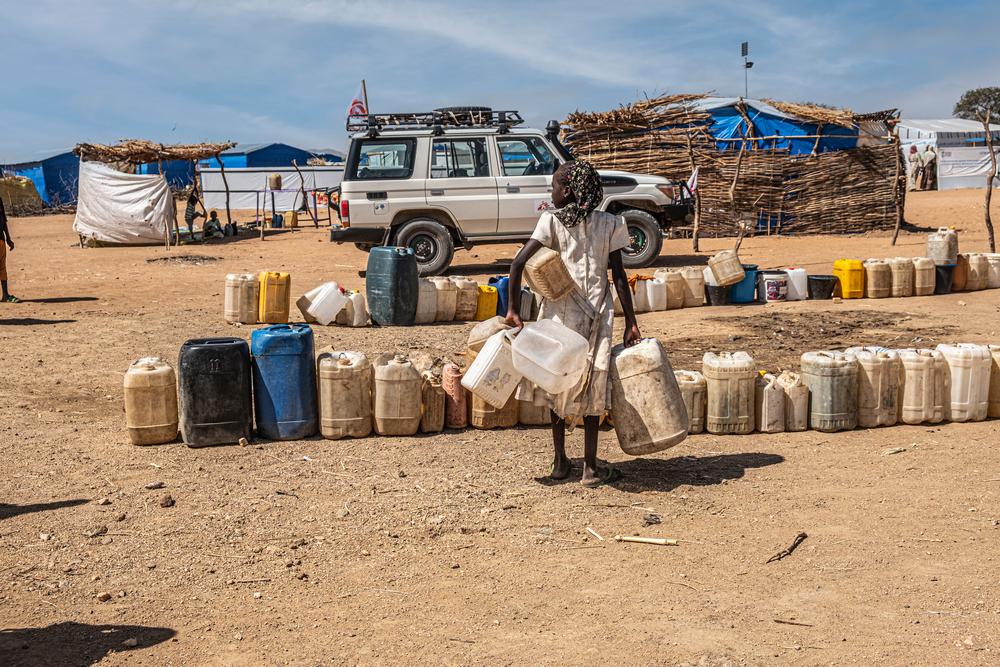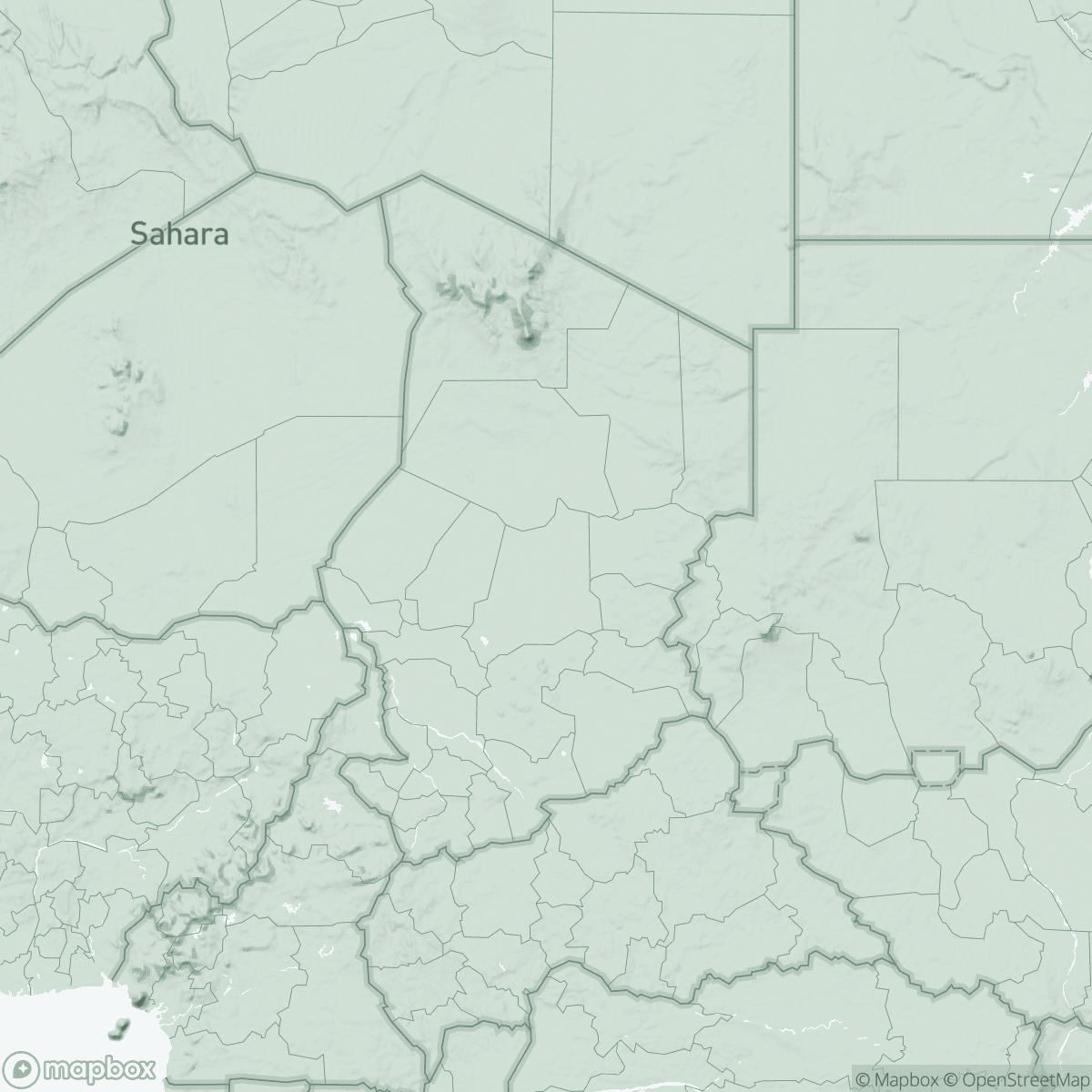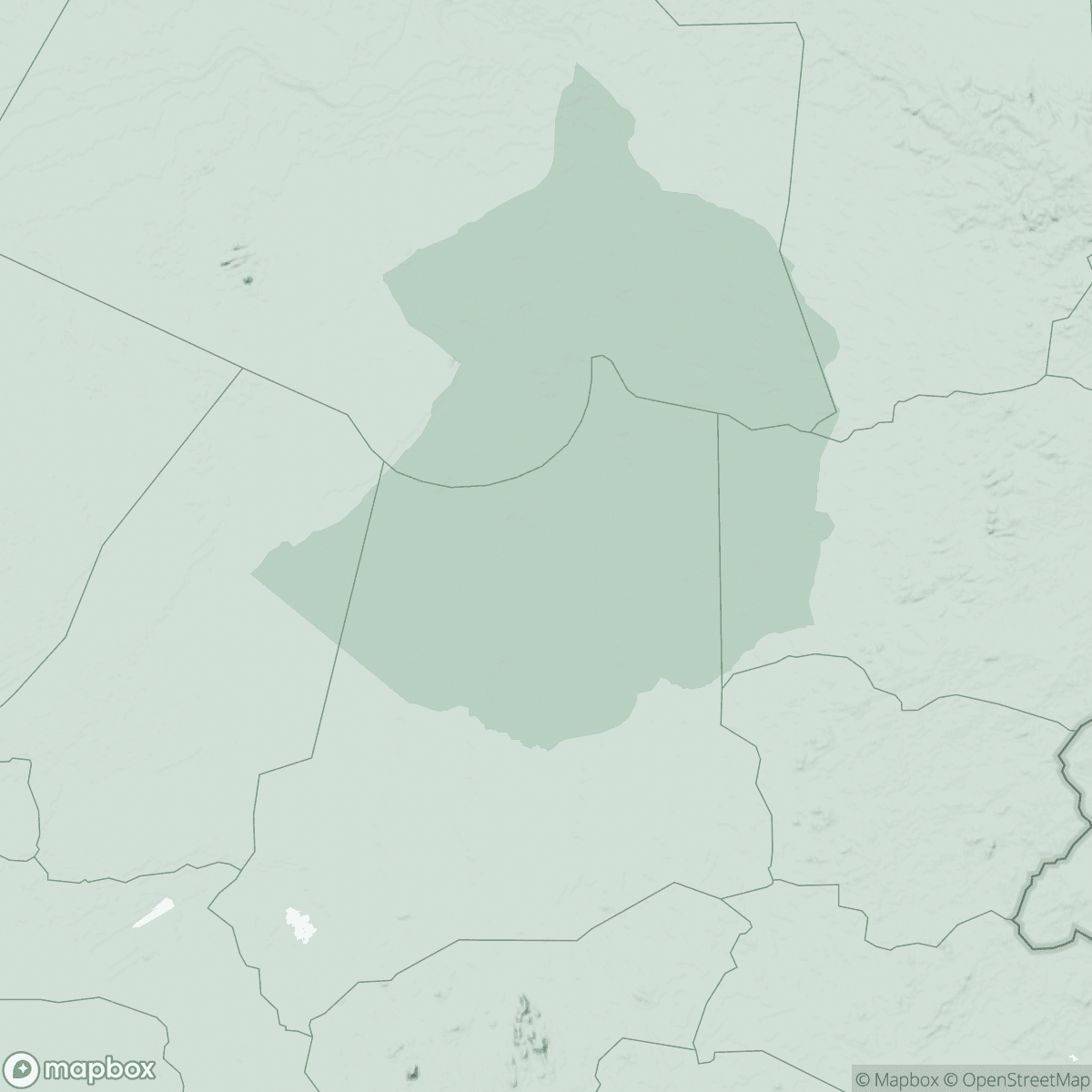
MSF teams rush to find new water sources as refugees´ health risks escalate
In 1 click, help us spread this information :
People displaced from Sudan sheltering in camps in eastern Chad are living in dire conditions, desperately short of clean water and decent sanitation. Médecins Sans Frontières (MSF) teams are providing water and sanitation assistance in three camps in the border region.
Some 40,000 people in Metche refugee camp are receiving just six litres of water per person per day for drinking, cooking and washing – far below the 20 litres of water per person per day recommended by the World Health Organization in emergencies.
The lack of water, latrines and proper waste management presents a serious risk to their health, says MSF medics, who are treating increasing numbers of people for skin conditions, gastrointestinal infections and acute watery diarrhoea, which is particularly risky for malnourished children.

Iklas Khamis Mohammad, 25, fled from El Geneina with her family in early June 2023, ng a violent attack in her home. She was then relocated with her mother, her three children and her husband to Metche camp. To collect water, she needs to travel a long distance to the distribution point, because there isn´t one in her area of the camp.
Our area is very far [from the water distribution],” says Iklas, who brought her child to the outpatient clinic of MSF. “The water truck doesn´t come every day and today we put our jerry cans in the queue [to wait]”.
Harnessing traditional methods of water collection
Until recently, the Metche region had no modern water infrastructure; instead, its 2,000 to 5,000 residents relied on traditional methods of collecting water from dry riverbeds, or wadis, and using wells dug by local farmers.
MSF water and sanitation teams have been working urgently to dig boreholes. The camp and the hosting community are receiving now some 160000 litres of water daily.
The six litres of water per person per day that it represents is too little to survive on without compromising people´s health.
MSF teams continue to urgently seek new water sources, including drilling new boreholes – a mechanised process which is both time-consuming and expensive.
Working closely with the local community, MSF water and sanitation engineers are diversifying their methods by using traditional ways of collecting water.
People are used to gathering water from the dry wadis, and they continue to do so as amount of water we can distribute currently is insufficient”, says Jawor. “Alongside community leaders, we´ve now implemented a water system in the dry riverbed to capture the rainwater that permeated the sand during the previous rainy season. While not a permanent fix, it can provide some immediate relief to part of the water crisis and could be used in the future by the local community.”
Despite efforts by MSF teams to identify and establish new water sources, there is much uncertainty regarding the amount and quality of the available ground water supply.
Health risks surge
As MSF´s outpatient clinic in Metche, staff have seen a surge in infections and skin diseases, particularly among infants and children. In the past four weeks, 16 percent of the patients treated by MSF in Metche had eye infections or skin diseases such as rashes, dermatitis and scabies.
MSF medics are especially concerned about the rise in cases of acute watery diarrhoea, especially among children under five who are already suffering from malnutrition. In the past month, 13 per cent of consultations at MSF´s clinic in Metche were related to diarrhoea and digestive infections.
The illnesses we´re witnessing are entirely preventable,” says Fuentes. “It´s a vicious circle: unclean water and lack of food make people sick, yet without safe water, they are just getting sicker.”


